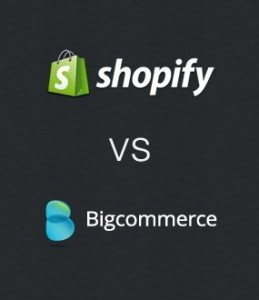How Can Social Media Help Your Ecommerce Business Marketing
Today, social media spending makes up a small fraction of most business’ marketing budgets. A recent Duke University survey found that, on average, social media spending accounted for just 9% of the overall budget. But that number is projected to expand to nearly 22% in the next five years.
Clearly, ecommerce marketers recognize the power of social media to connect with an audience. Facebook, Twitter, LinkedIn, and Instagram are nearly ubiquitous in our lives. They’re like the 21st-Century Main Street; we use them to communicate, find information quickly, and increasingly, to shop for products.
Despite its many advantages, social media is often still overlooked by a wide range of businesses. It seems that the medium of social media itself has become associated with a fickle audience, along with a quick and extremely temporary boost to a business’ performance and its brand popularity.
Perhaps one of the major reasons behind this is due to the fact that social media itself exploded in popularity during the early days. What was once regarded as a passing trend is now an integral part of people’s lives, with which they engage on a daily basis. Facebook, Twitter, LinkedIn, Tumblr, Google + and Instagram have all continued to go from strength to strength, and they seemingly attract new users with every passing second.
Now, millions of people are taking advantage of these services to engage with their friends and family, share pictures and content that they find interesting, interact with businesses in a personal and public way. From the perspective of a business, or a marketer, this is a massive opportunity.
As a forum for marketing, social media is unparalleled and is easily the most exploitable for intelligent businesses. Social media has other advantages over alternative forms of advertising as well, including its incredible impact, low price tag and, surprisingly, longevity.



.png)
